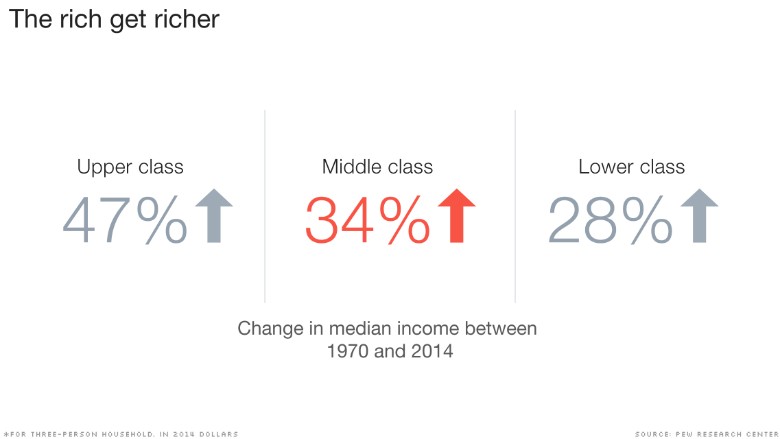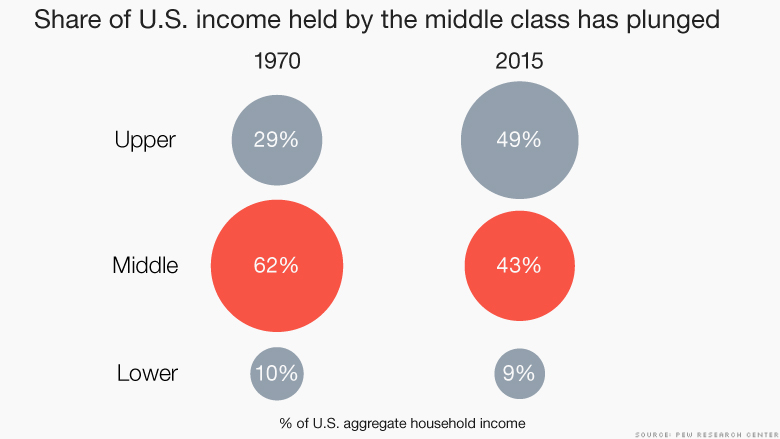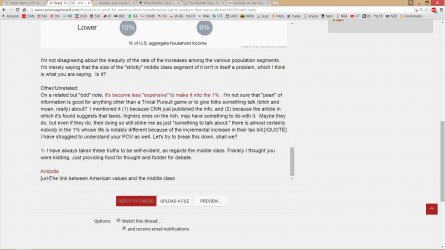320 Years of History
Gold Member
Time an time again, I encounter folks who assert that manufacturing jobs being "shipped" abroad is bad for the U.S., at least to the extent that the manufacturers are American companies. I would rather that American manufacturers produce their goods domestically, but I don't really have a problem with them opting instead to do so abroad. What do you think?







